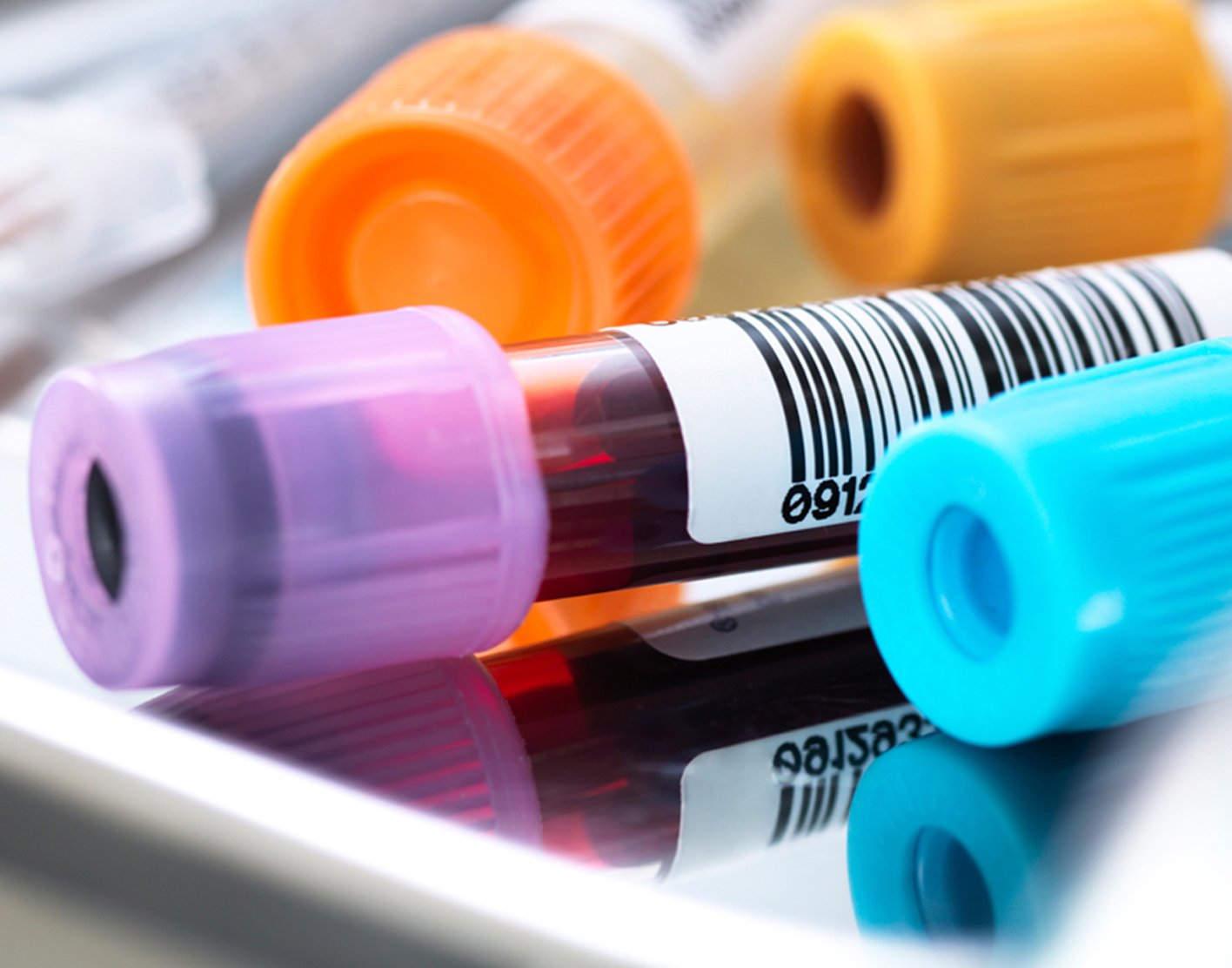
COVID-19 antibody test
Definition
This blood test shows if you have antibodies against the virus that causes COVID-19. Antibodies are proteins produced by the body in response to harmful substances, such as viruses and bacteria. Antibodies may help protect you from getting infected again (immune).
The COVID-19 antibody test is not used to diagnose a current infection with COVID-19. To test if you are currently infected, you will need a SARS-CoV-2
Alternative Names
SARS CoV-2 antibody test; COVID-19 serologic test; COVID-19 - past infection
How the Test is Performed
A
The blood sample will be sent to a laboratory for testing. The test can detect one or more types of
How to Prepare for the Test
No special preparation is needed.
How the Test will Feel
When the needle is inserted to draw blood, some people feel moderate pain. Others feel only a prick or stinging. Afterward, there may be some throbbing or a slight bruise. This soon goes away.
Why the Test is Performed
The COVID-19 antibody test is used for the following:
- To see if you have COVID-19 antibodies, which indicates you had a past infection or vaccination.
- To help diagnose multisystem inflammatory syndrome, a rare complication from COVID-19
- To check the level of immunity within a population and estimate vaccine coverage
Normal Results
The test is considered normal when it is negative. If you test negative, you likely have not had COVID-19 in the past.
However, there are other reasons that may explain a negative test result.
- If you have recently been infected with COVID-19, antibodies may not yet be present, so you can still test negative.
- Some people infected with COVID-19 do not develop enough antibodies to be detected.
- If infection occurred a long time ago, there may not be enough antibodies to detect.
What Abnormal Results Mean
The test is considered abnormal when it is positive. This means you have antibodies to the virus that causes COVID-19. A positive test suggests:
- You may have been infected with SARS-CoV-2, the virus that causes COVID-19.
- You may have been infected with another virus from the same family of viruses (coronavirus). This is considered a false positive test for SARS-CoV-2.
- Because people vaccinated against SARS-CoV-2 commonly have positive antibody tests to the S (spike) protein, a positive antibody test does not always mean you were infected with SARS-CoV-2.
You may or may not have had symptoms at the time of the infection.
A positive result does not mean that you are immune to COVID-19. It is not certain if having these antibodies means that you are protected from future infections, or for how long the protection might last. Talk with your provider about what your test results mean.
If you tested positive and you have
References
Centers for Disease Control and Prevention website. Overview of testing for SARS-CoV-2.
Del Rio C, Gandhi M, Cohen MS. COVID-19: epidemiology, clinical manifestations, diagnosis, community prevention, and prognosis. In: Goldman L, Cooney K, eds. Goldman-Cecil Medicine. 27th ed. Philadelphia, PA: Elsevier; 2024:chap 336.
Review Date: 22/02/2023
The information provided herein should not be used during any medical emergency or for the diagnosis or treatment of any medical condition. A licensed physician should be consulted for diagnosis and treatment of any and all medical conditions. Call 911 for all medical emergencies. Links to other sites are provided for information only -- they do not constitute endorsements of those other sites. Copyright ©2019 A.D.A.M., Inc., as modified by University of California San Francisco. Any duplication or distribution of the information contained herein is strictly prohibited.
Information developed by A.D.A.M., Inc. regarding tests and test results may not directly correspond with information provided by UCSF Health. Please discuss with your doctor any questions or concerns you may have.



























